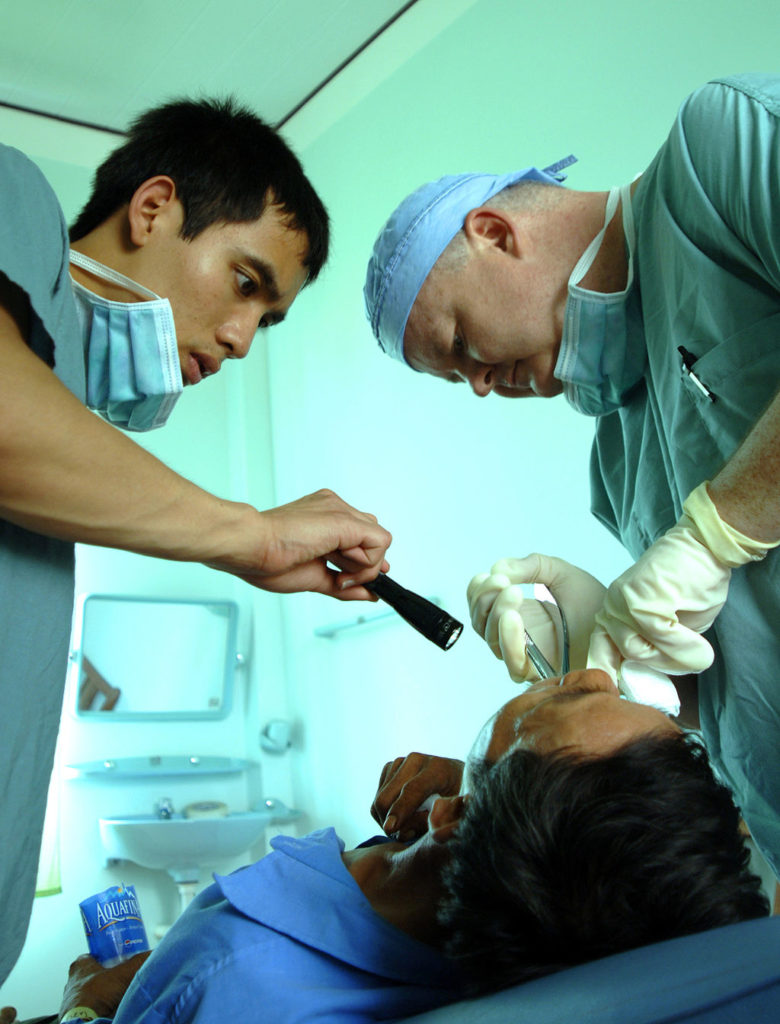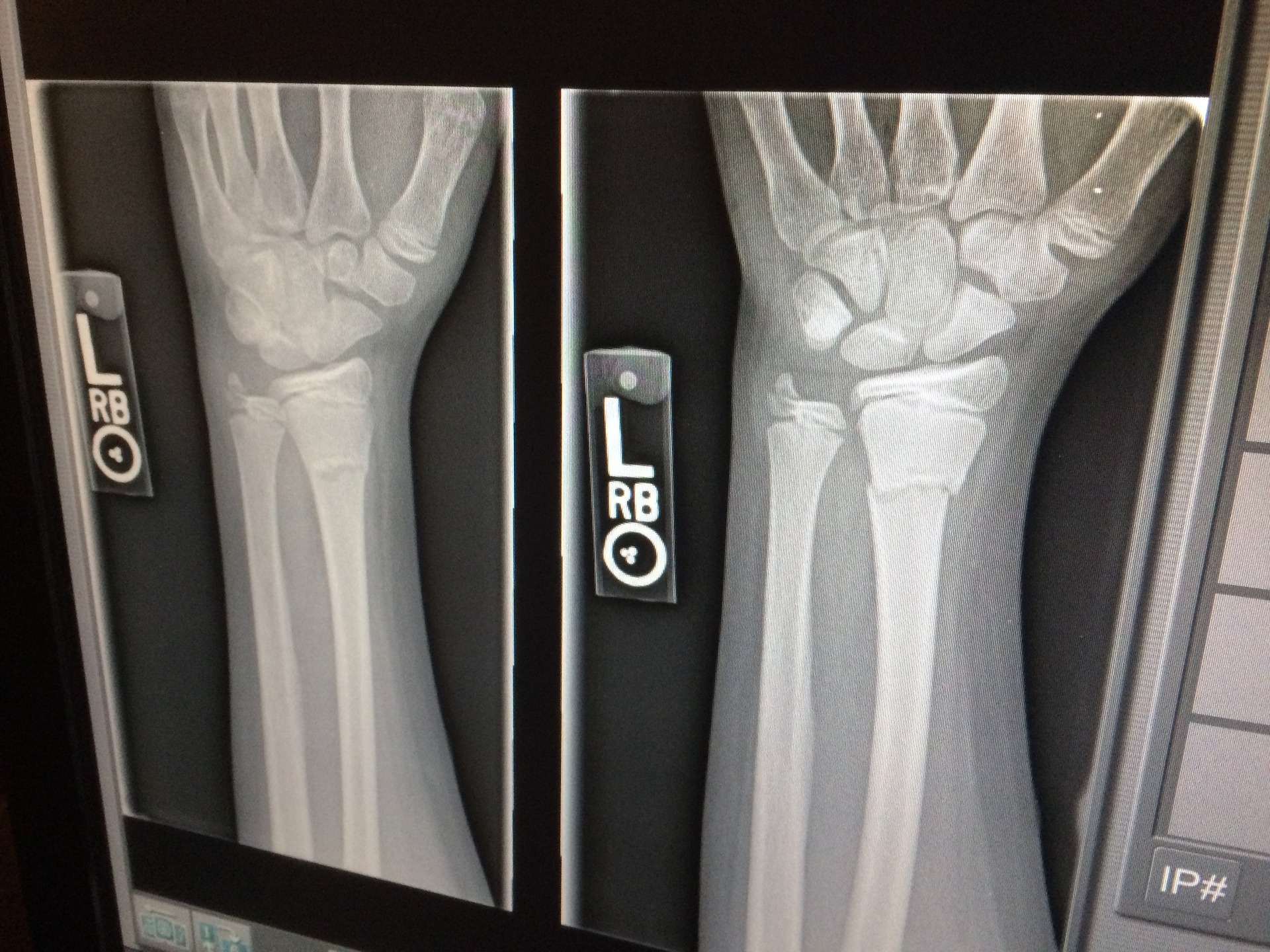
Photo by United States Navy
Lately, there has been much talk about the instability of the economy. People are having a hard time finding a profession with stable, lucrative, and long-term career prospects.
As worrying as this trend may be, there are still sectors where one can still thrive. Dentistry is one of those areas, as we will always need dentists to look after the integrity of our teeth.
If you would like to join the likes of Peter Spennato DDS in the dental profession, read up on everything you’ll need to know to get started below, and you’ll be well on your way to replacing the many dentists set to retire in the coming years.
What does a dentist do?
The answer to this question may seem obvious to the average layperson on the street, but to be honest, they often confuse the work of a dental hygienist with the duties of a dentist.
It is not fair to say that they ply their trade by cleaning teeth; while they do some supplementary scrubbing if the hygienist missed a few spots, dentists evaluate the overall health of their patient’s teeth, gums, and oral cavity.
Using the knowledge acquired from their extensive academic background and accumulated real-world experience, they are able to recommend corrective action to avoid severe dental problems in the future (spotting and filling cavities, pulling wisdom teeth, applying braces to straighten teeth, etc).
Pending patient approval, they conduct the procedure, helping improve their patient’s oral health in the long run.
How much can I make as a DDS?
While prospective dentists should want to get into this profession to help people rather than to make money, the high-skill, high-risk nature of this line of work ensures that those that make dentistry their career will be compensated well for the long hours that they will put in.
Accordingly, the median salary of a dentist in the United States was $152,700, with the top 10% in the profession pulling in at least $187,200 in 2015.
What education do I need?
Your average dentist pulls in a considerable salary, but it will take many years of schooling to get that coveted DDS diploma on your office wall. It all starts in undergraduate school, where those seeking to get into dentistry will follow a pre-dental track.
If the school where you are planning to study doesn’t offer this defined path, you’ll need to take a science degree with as many courses related to oral and medical issues as possible.
Be mindful of the many distractions during this juncture of your academic career, as many dental schools will turn away your application if your GPA is too low.
Make sure you prepare diligently for your Dental Acceptance Test as well, as it consists of a bruising series of questions that can take up to five hours to complete. Between GPA’s and DAT scores, not many make the cut, as the acceptance rate for top schools hovers around 4% to 7% annually.
Once you have successfully gotten into dentistry school, you’ll rotate between the classroom and clinical placements over four years, learning the skills you’ll need to be successful when you head out into the real world.
With majors ranging from orthodontics to maxillofacial surgery, there is a wide range of areas in which you can specialize.







